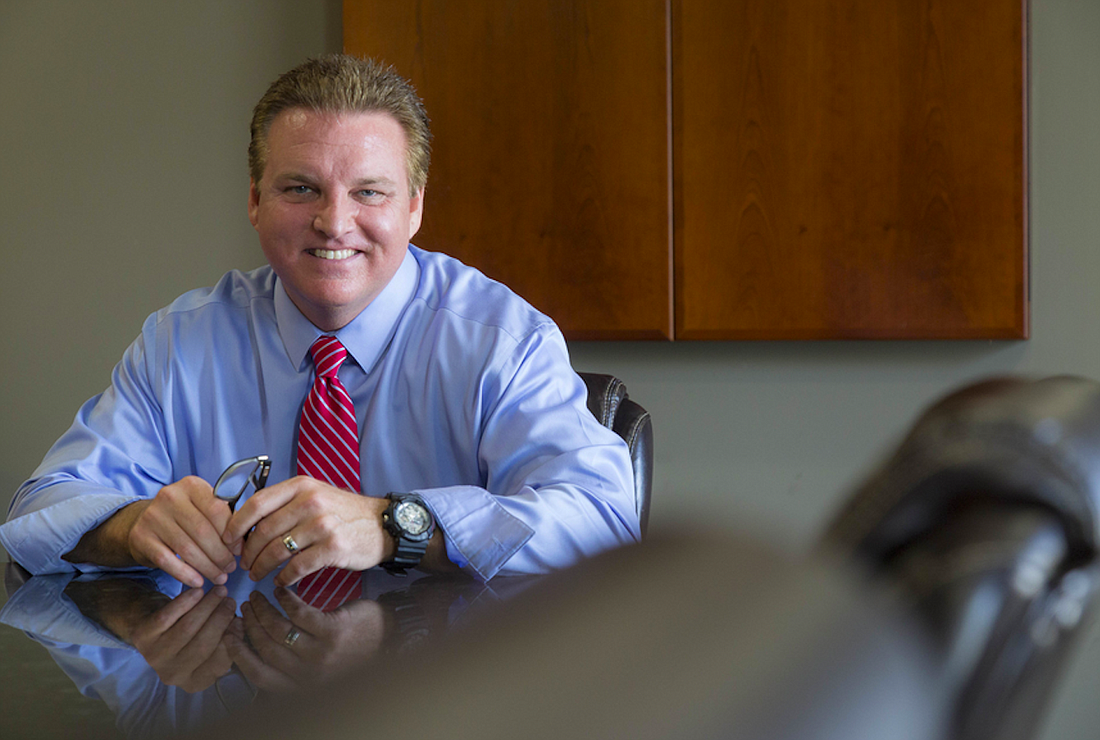- July 26, 2024
-
-
Loading

Loading

Sarasota County is one step away from the start of a Mental Health Care Special District, but with several county commissioners against raising taxes for fiscal year 2022, they are still discussing how best to fund it.
Commissioners are scheduled July 14 to set the not-to-exceed millage rate for the 2022 fiscal year, and some commissioners suggested raising the rate by one-tenth of a mill to provide the district with dedicated funding.
The county’s millage of 3.46 was raised 0.0269 in fiscal year 2020.
Should it be raised one-tenth of a mill, the county would generate about $6.5 million, which would go to the mental health district.
The average taxable value of residential property in the county is $205,000, which means with the current rate, the average property owner can expect to pay $709. With the proposed increase, they would pay $729.
In June, Commissioner Nancy Detert said she was prepared to move forward with planning for the increase.
Commissioner Mike Moran, who first brought up the idea of the special district, never formally supported the tax rate increase. However, he said that should a tax be taken, any proceeds not spent during the 2022 fiscal year could placed in a reserve account.
Commissioners Ron Cutsinger and Christian Ziegler were hesitant to raise taxes.
Cutsinger said that county property values are soaring — up 36.6% since 2020 — and the county could consider using the extra revenue for the district.
Additionally, he suggested the county use some funds from the American Rescue Plan Act, which provided local governments funds to combat the effects of COVID-19. The county received just over $42 million this year, with an equal amount expected next year.
County Administrator Jonathan Lewis said he believes certain types of mental health and substance abuse programs would be eligible for the funding, but the final rules for how the money must be spent haven’t yet been finalized. So, he suggested the county not plan for all the funding to come from the act.
“I certainly would like to look at other sources for funding,” Cutsinger said.
Ziegler agreed and questioned how much might be spent in a given year on mental health and substance abuse initiatives.
A task force with five subject matter experts has been formed to determine how best to distribute any funds the district receives. However, Lewis said the task force likely would not have recommendations for programs that should be funded or how much should be collected until January 2022.
Still, Ziegler said the county should look for other ways to fund the district that don’t involve a tax increase.
“When I ran for County Commission, I made a pledge and I made a commitment to not raise taxes,” he said.
Lewis reminded commissioners that even if they set a tentative millage increase, commissioners could adjust it should they find another way to support district before final budget numbers are due in September.
Commissioners will again discuss and vote on the potential increase during its July 14 meeting.